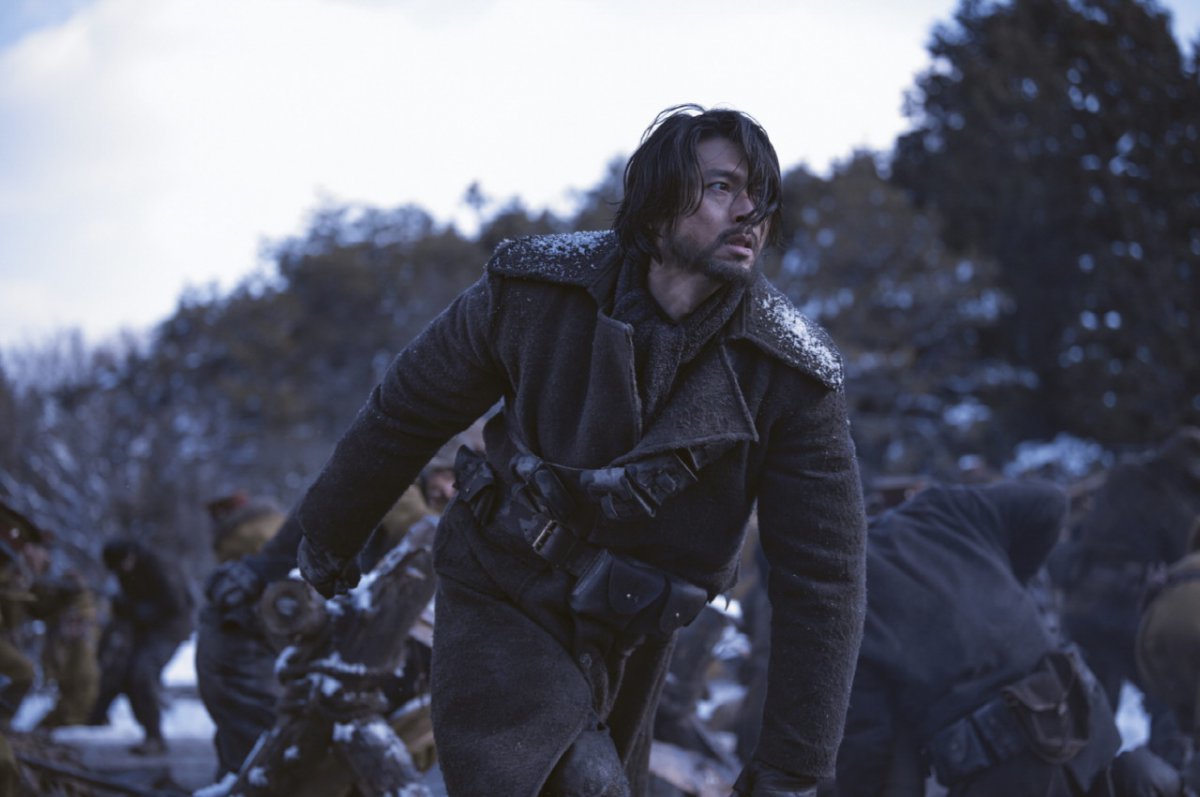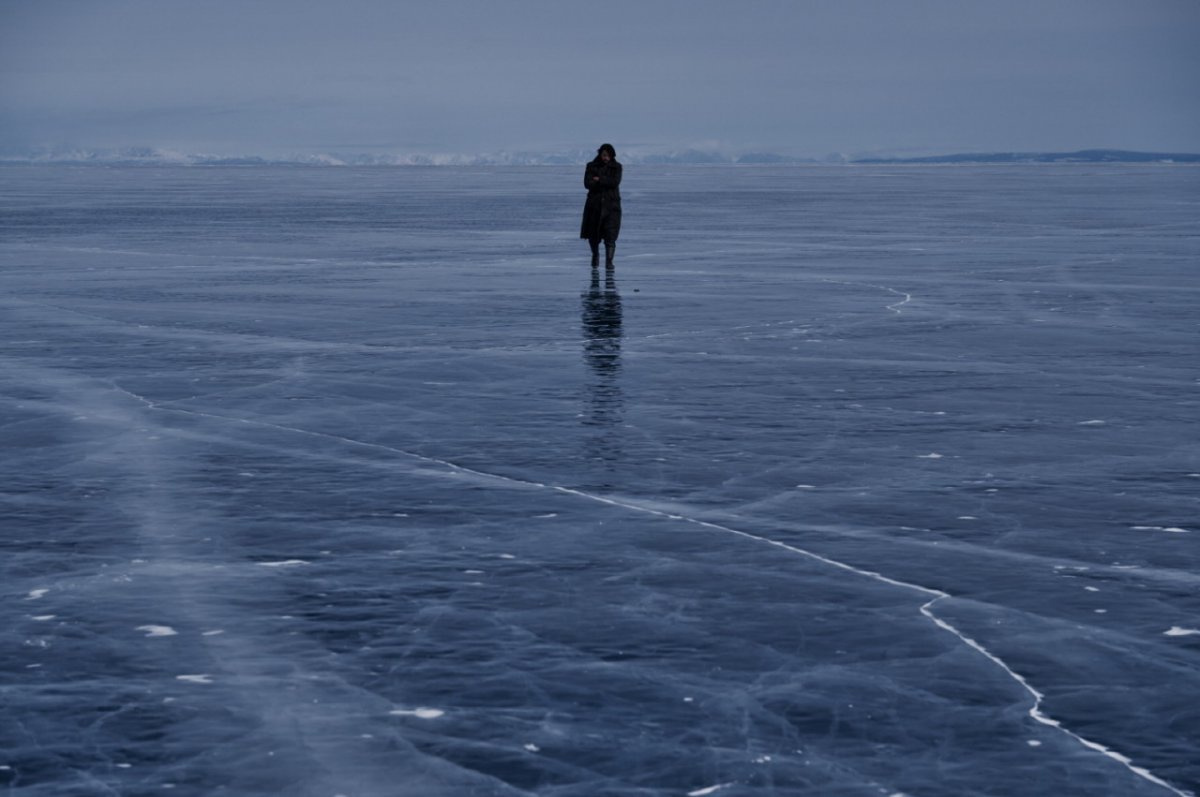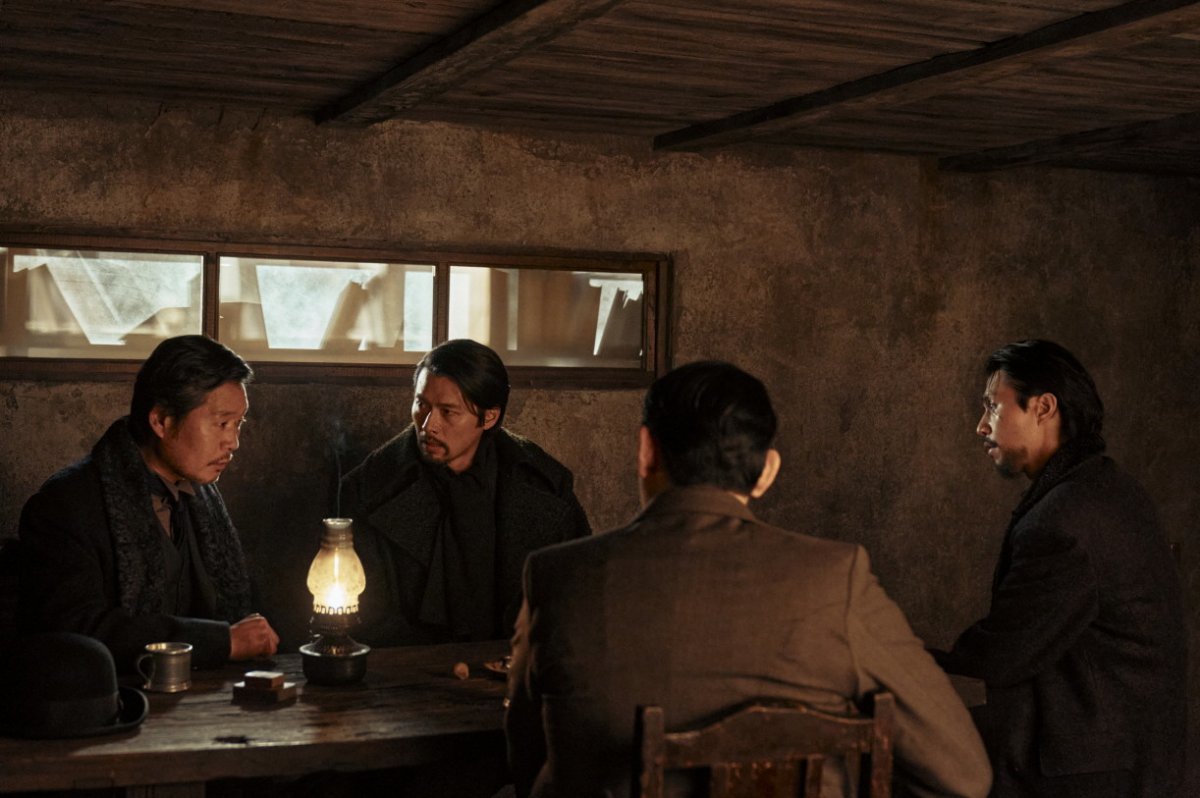“We Must Turn On the Light”…Hyun Bin‘s New Life’s Work, Why We Need to Watch ‘Harbin’ Now [Review]

Photo courtesy of CJ ENM
The film, which opens on the 24th, depicts the life-threatening journey of Ahn Jung-geun to Harbin in 1909 for an uprising. It meticulously captures not only Ahn Jung-geun but also the conflicts, interests, and anguish of the independence fighters who plotted the uprising together, as well as the multi-layered aspects of the film. In particular, the image of independence activists standing up against great evil with the sole purpose of saving the country, which was dragged down, is even more deeply moving as it overlaps with recent times where the voice of the people has become important.

Photo courtesy of CJ ENM
Hyun Bin, who has been active in romance dramas so far, can be said to have reached a ‘new turning point’ in his acting career through this film, as he gives a perfect performance that seems to embody Ahn Jung-geun with his whole body.
It is also notable that while portraying the most dramatic period of Ahn Jung-geun’s life, he does not display excessive emotions or melodrama that forcefully arouse the emotions of the audience. The same goes for the final scene where Ahn Jung-geun is hanged in the prison after his defection to Harbin. Director Woo Min-ho‘s no-frills directing makes Hyun Bin’s restrained acting stand out even more.

Photo courtesy of CJ ENM
In order to vividly portray Ahn Jung-geun‘s journey to Harbin, the movie spent a whopping 30 billion won on large-scale overseas filming in three countries: Mongolia, Latvia, and Korea. The film reveals its grandeur from the very first scene, which depicts Ahn Jung-geun walking alone in the middle of the vast, frozen Duman River. The blue snowfields and vast deserts that fill the screen are breathtaking.
What’s special about ‘Harbin’ is that it doesn‘t simply consume this massive scale as ‘something to see’. This is because the figure of the independence activists standing tall in the middle of these vast, expansive locations maximizes the loneliness and fear they must have felt, and it touches the hearts of the audience.
The battle scenes are the same. The scene where the independence fighters and the Japanese army roll around in the mud and desperately point guns and swords at each other emphasizes the desperation of those engaged in battle and the horror of war, rather than the thrill of action scenes. Just watching it makes you feel like you are standing in the middle of a horrific battlefield.
On the other hand, the scene where Ahn Jung-geun goes back and forth on the train to identify spies hiding among his comrades creates tremendous suspense that keeps you on the edge of your seat. The narrow lines and minimized movements that only take place on the train, the actors’ tense expressions, and above all, the music that heightens the tension, all come together perfectly to bring out the best of a spy film.

Photo courtesy of CJ ENM
‘Harbin’ is a film that depicts the story of independence fighters against Japanese colonial rule, but it is all the more meaningful as it overlaps with the current impeachment situation where citizens‘ voices condemning the ‘wrong leader’ are growing louder. In particular, some of the lines in the film almost make you feel as if they are accurately representing the current reality.
“Joseon has been a country ruled by foolish kings and corrupt scholars for hundreds of years, but the people of that country are the biggest problem. The line by Ito Hirobumi, played by the famous Japanese actor Lily Franky, is representative: “Even though he received nothing, he exerts strange powers whenever there is a national crisis.”
The line by Ahn Jung-geun, delivered in a deep voice by Hyun Bin at the end of the movie, is even more heartbreaking. “The darkness will grow thicker and the wind will blow harder. We must light a fire. People will gather. When people gather, we will walk together in the darkness holding fire. We must not give up and move forward. We will walk in the darkness holding fire.”
Reporter Seungmi Lee smlee@donga.com

